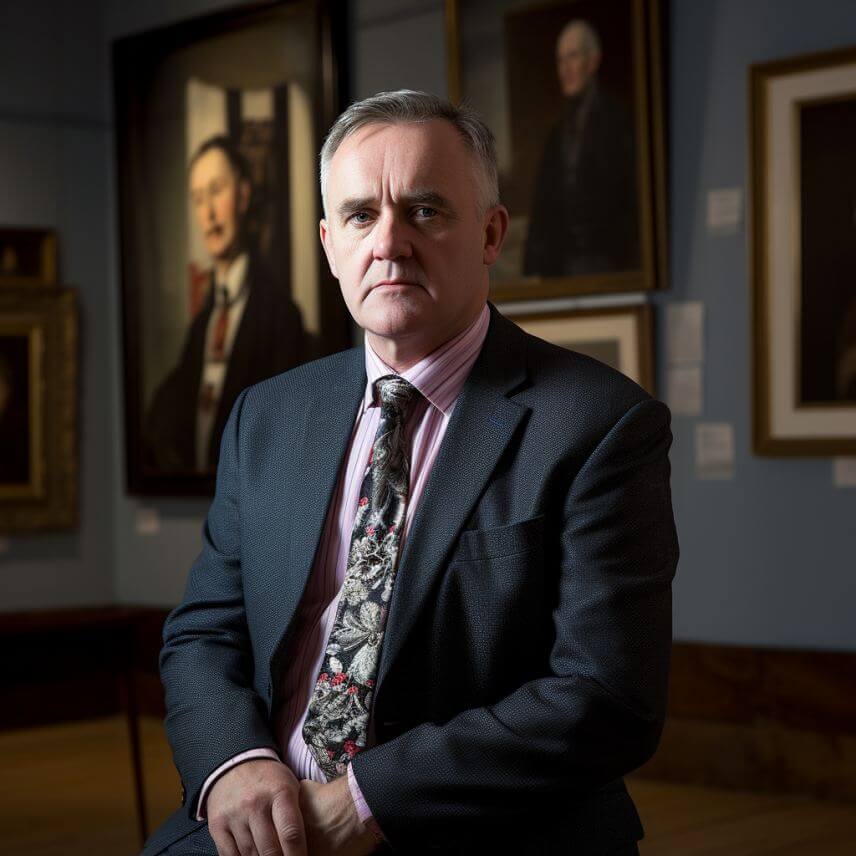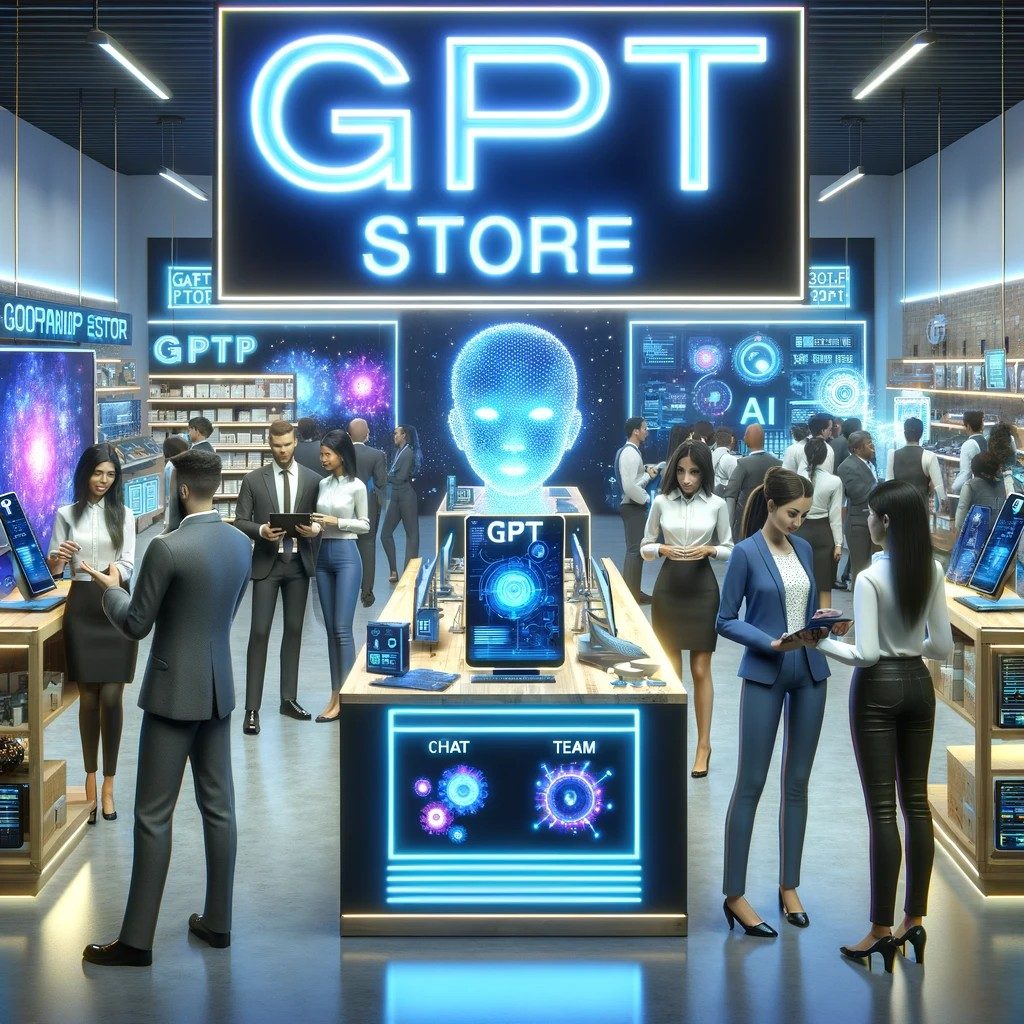Richard Lochhead, the Scottish innovation minister, expressed concern when ministers from devolved authorities, including Scotland, were unexpectedly excluded from Rishi Sunak’s global AI summit. This exclusion, however, foreshadowed an unforeseen clash between influential figures, as just days before the summit, Elon Musk and Scotland’s first minister, Hamza Yousaf, engaged in a public exchange on Musk’s social media platform X.
Despite Scotland’s recognized leadership in several AI domains, the exclusion has sparked criticism, prompting Lochhead to question the decision and emphasize the nation’s potential contribution to the international dialogue on AI.
Scotland’s leadership and exclusion
Expressing his disappointment, Richard Lochhead highlighted the absence of Scottish representation in the AI Safety Summit, a global gathering featuring countries such as the USA, France, Germany, Italy, Japan, Singapore, and China. In a letter addressed to Michelle Donelan, Secretary of State at the Department for Science, Innovation, and Technology, Lochhead underscored Scotland’s position as a leader in various AI areas. He asserted that Scotland could have provided a valuable direct contribution to the global conversation, especially considering the nation’s pioneering National AI Strategy, predating that of the UK.
While acknowledging that AI regulation is a reserved matter, Lochhead emphasized its potential impact on numerous devolved policy areas. He argued that the regulations would likely compel implementation on Scottish agencies, making it imperative for Scotland’s interests and priorities to be considered in the development of UK AI regulations. Lochhead pressed for a collaborative approach, highlighting the necessity of teamwork for sustained success on the global AI stage, a key figure asserted that collaboration among UK nations is crucial.
In response to the exclusion, Lochhead called for reassurances that the UK Government would engage closely with the Scottish Government on AI matters in the future. The SNP minister urged a united effort among UK nations to ensure success on the global AI stage, emphasizing the necessity of collaboration in navigating the challenges posed by AI advancements.
Global AI summit and unforeseen controversy
The global AI summit, currently underway at Bletchley Park, is bringing together representatives from major countries to discuss regulations surrounding emerging AI technologies. Notably, Vice President Kamala Harris represents the USA, and EU commission chief Ursula von der Leyen speaks on behalf of the European Union. Elon Musk, Tesla CEO, and owner of the social media platform X (formerly Twitter), is also in attendance and is scheduled to join the Prime Minister for a live interview after the summit’s conclusion.
But, the summit has taken an unexpected turn as Elon Musk, just days before the event, publicly labeled Hamza Yousaf, Scotland’s first minister, as a “blatant racist.” The comment, posted on Musk’s social media platform X, was in response to an edited clip of Yousaf’s speech following the tragic murder of George Floyd. Yousaf’s spokesperson responded, urging Musk to use his position to combat racism and hatred prevalent on the social media platform he owns.
This unforeseen controversy has added a layer of tension to the ongoing global AI summit, raising questions about the intersection of technology, politics, and social responsibility. As Musk and Yousaf exchange public statements, the incident underscores the broader challenges associated with influential figures leveraging social media platforms to express opinions and engage in public discourse.
Reflections on exclusions and digital accountability
As the global AI summit unfolds, the exclusion of the Scottish Government prompts reflection on the collaborative future of AI development. The controversy surrounding Elon Musk’s comments on social media, just days before the summit, raises pertinent questions about the responsibilities of influential figures in the digital realm. How can global leaders ensure a united front in the face of technological advancements, and what role does responsible AI development play in shaping a more inclusive and equitable future?





